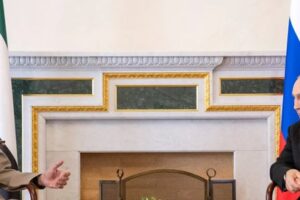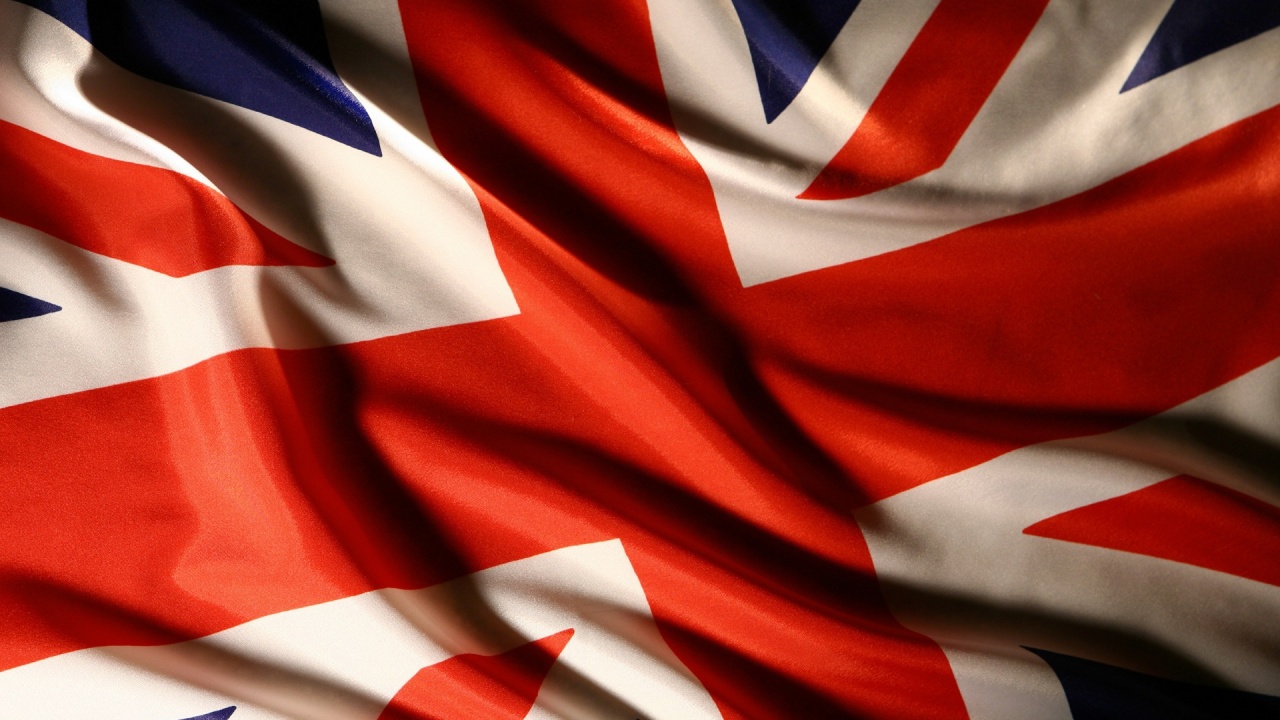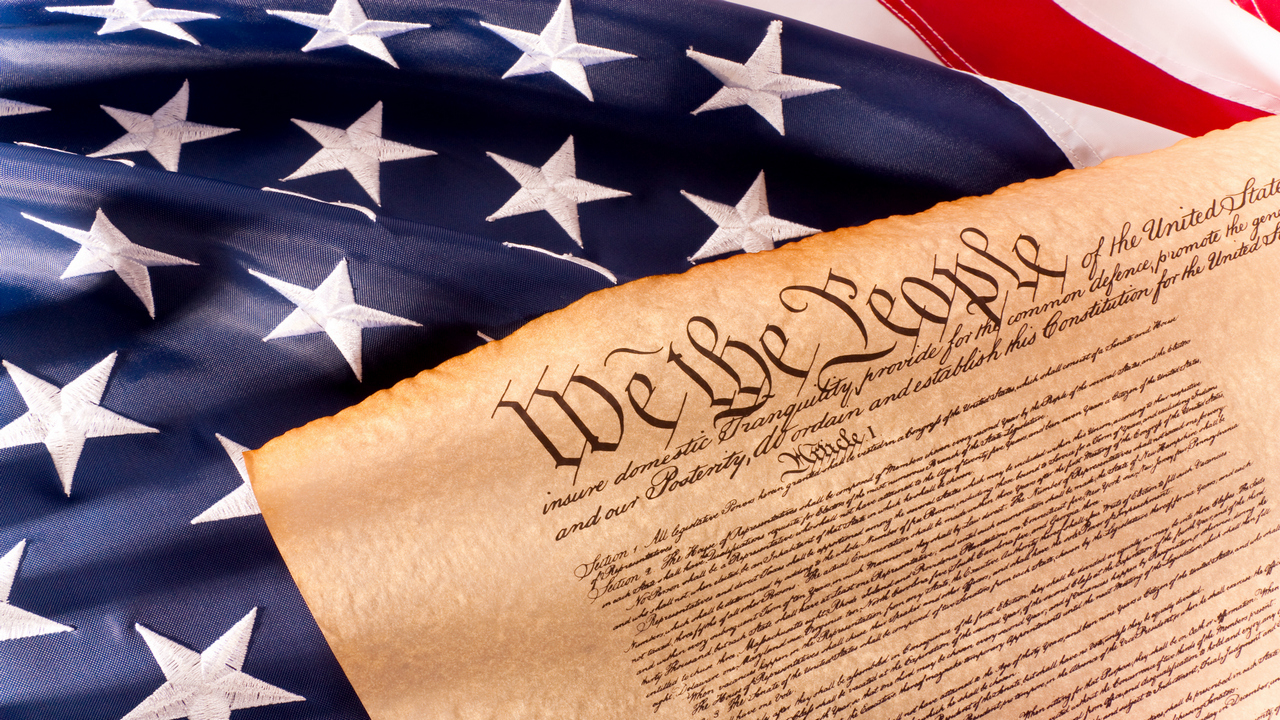According to Aristotle, “the whole is greater than the sum of its parts”. It has been a principle we in Britain have applied to our constitutional make-up in practically every field, save that of sporting rivalry. Only when it comes to the likes of football, rugby or the Commonwealth Games do we get the privilege of competing as four distinct nations. This has absolutely nothing to do with any formal recognition of those nations on the geo-political front. Rather it is because, as the creator or central term of reference of the above sporting competitions, Britain was able to establish rival teams governing its constituent parts . It’s not dissimilar to the fact that, because we invented the first postage stamp, we have a unique exemption of being the only state in the world not required to have our country’s name printed on stamps.
For every other international situation or scenario, the United Kingdom is ONE country. However, if pundits insist on trying to psychologically diminish the UK in the eyes and minds of political parties and voters alike by describing the UK as a ‘union of four countries, I am going to take a leaf out of Henry Hill’s book (not the late American mobster, you understand, but the regular contributor to the Conservative Home website) by insisting the resulting unit of that coming together represents the ‘fifth country’. More importantly, this fifth country – the United Kingdom of Great Britain and Northern Ireland – is the constitutional unit that takes primacy in both international recognition and the functioning of sovereign government.
Until Brexit, there was never any serious challenge to the ‘one country, one Union’ analysis. Notwithstanding the clause in UK law allowing a referendum in Northern Ireland should voting patterns there ever suggest a desire to exit the UK to join with the Republic of Ireland; the mainstay of political, psephologically and constitutional reference was almost always the entire Kingdom. For example, general election results were – hitherto 2016 – seldom contested on the basis of one part of the UK rejecting the overall choice of the nation. Margaret Thatcher, say, was never an illegitimate Prime Minister because she had a far more limited mandate in South Wales than she did in southern England. One the basis of a a national election, she won handsome majorities. Period! The concentration of her vote was irrelevant, just as it is irrelevant that Alaska hasn’t endorsed a Democratic Presidential candidate since 1964 (there have been 4 Democrats elected to the White House since then – including the latest incumbent, Joe Biden). Alaska is a part of the United States in the same way Scotland, England, Northern Ireland and Wales are parts of the United Kingdom.
In legal terms, the Brexit plebiscite didn’t change this longstanding position one iota. What changed was how the London-based (overwhelmingly Remain-inclined) media opted to frame the argument. Once the Leave vote was confirmed, we were faced with a new propaganda onslaught suggesting the result be discounted on the basis that ‘two of the four nations’ of the UK had ‘rejected Brexit’. The Scottish National Party, ever eager to find any excuse to undermine the UK as a whole, even attempted to have an amendment tabled in Parliament invalidating the national referendum due to ‘Scotland’s rejection of being taken out of the EU against our will’. Such arguments are sophism and nonsense, with none being even remotely accurate. The United Kingdom was the member state of the European Union, just as it is the member of other international bodies such as the UN, the Commonwealth, NATO, the G7, etc….and shortly to be a member of the Comprehensive and Progressive Agreement for Trans-Pacific Partnership. One Brexit vote in Leeds had exactly the same weight and impact on the result as one vote in Linlithgow, Lisburn or Llandudno. There was one referendum, with one national result formally announced in Manchester on June 24th, 2016.
Now it’s not surprising separatist parties latch on to anything they think can hasten the dismemberment of the United Kingdom. They are a poison in our system emboldened by the advent of Blair’s disastrous devolution experiment. What is surprising, nay very disappointing, is how many in the London media describe the UK six years on from that era-defining vote. There is a misconception, aided and abetted by Nicola Sturgeon and Mark Drakeford (the first ministers of Scotland and Wales respectively) we are a ‘loose alliance of countries, each with its own right to choose to leave the UK at any moment of their choosing’. It could be some in the mainstream media are genuinely ignorant of how UK constitutional law and practice operate. More plausible is their utter loathing of the concept of a post-Brexit Britain. Thus they have a yearning to lend their support to any cause that can fatally undermine it. The Guardian’s Jonathan Lis is just one example of this deranged craze (https://www.thenational.scot/news/20598654.jonathan-lis-says-scotland-denied-indyref2-uk-is-prison/). Are we seeing a supposedly intelligent guy who’s incapable of contextualising the notion that you cannot have an election to a devolved seat of government on an issue expressly outside its jurisprudential competence? No! What we’re seeing is a pro-EU devotee so convulsed by the UK electorate rejecting his European and world view, that his desire is to see the UK truncated and turned into a shadow of its former self. For the most petulant of EU Remainers, the dismemberment of the UK is akin to an aphrodisiac.
Scotland is not in a prison. Like Northern Ireland, England and Wales, it is a component part of one country (the fifth country) we all know as the ‘United Kingdom’. On this crucial issue the frontrunning Conservative candidate to replace Boris Johnson (Lis Truss) is entirely correct. We SHOULD ignore demands from parts of our country to indulge in practices potentially creating the conditions for its own dissolution. When the Canadian Supreme Court was asked in 1998 whether or not Quebec had a unilateral right to secede from the Canadian federation, its response was unequivocal:
‘It is clear that international law does not specifically grant component parts of sovereign states the legal right to secede unilaterally from their “parent” state’.
It continued:
‘A right to secession only arises under the principle of self-determination of people at international law where “a people” is governed as part of a colonial empire; where “a people” is subject to alien subjugation, domination or exploitation. ENDS
Scotland isn’t Tibet, or Nagaland, or Kosovo. It is not repressed and it will not have the right to disregard the country it has been an integral part of for over 3 centuries. Freedom House, the majority US government funded organization in Washington, is very clear on what countries have full political and civic freedoms (https://freedomhouse.org/countries/freedom-world/scores). You’ll note its categorization of sovereign states doesn’t list an England, or a Scotland. It lists the United Kingdom. Furthermore, we have given the rest of the world far more than we’ve ever taken away. We don’t deserve to be broken into constituent pieces to satisfy the aims of Scotland’s First Minister, or the ideological crusade of those for whom only one entity – the European Union – matters. Liz Truss says we should ignore the separatist demands of Holyrood. I totally agree with her.




































